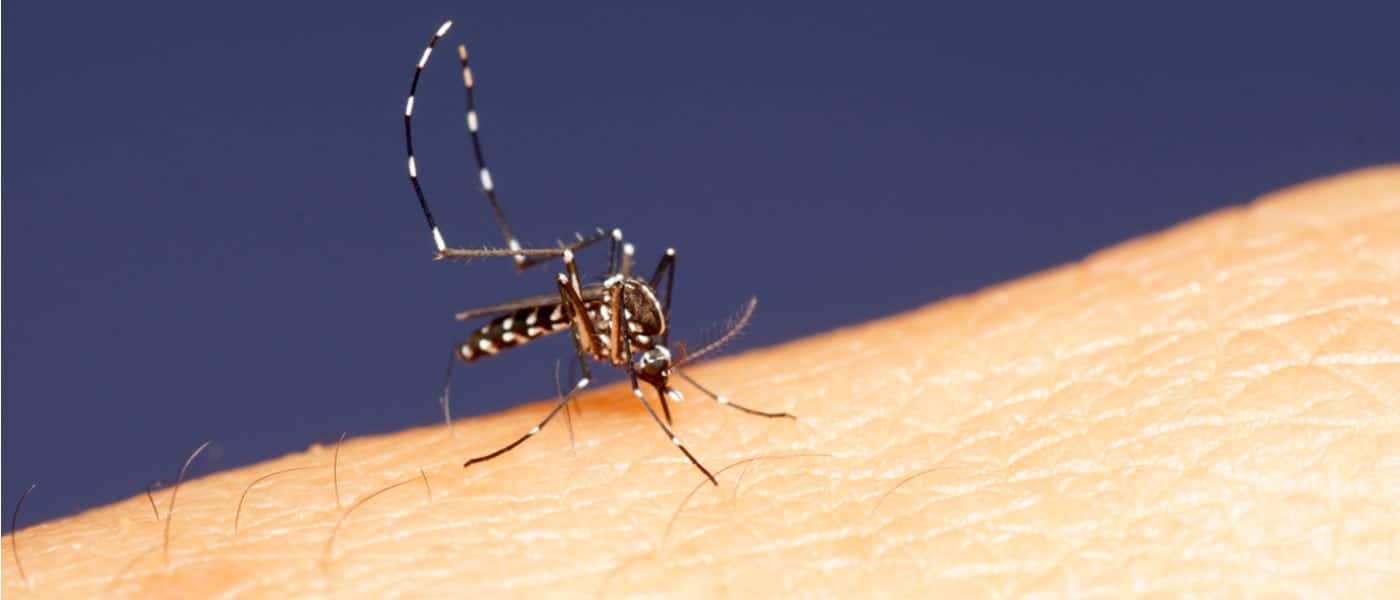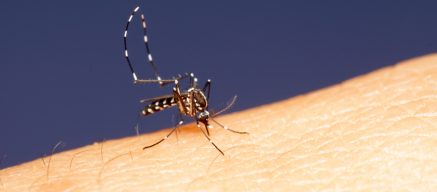
With hot and humid weather descending on the UK, mosquitoes and plenty of other nasty bugs begin to multiply and thrive. Whilst mosquitoes here do not carry any dangerous diseases, their bite can be irritating, itchy and painful so is always best avoided. In tropical countries mosquitoes can carry deadly diseases such as Malaria, Dengue Fever, Chickungunya Fever, Zika virus, the list goes on…. so bite avoidance is potentially lifesaving.
Here are some handy tips for staying healthy and bite free
Use a 50% DEET based mosquito repellent. You can get grading’s of 70% plus which people often assume are better however, DEET does not increase in effectiveness above level 50. It is vital that you use the repellent liberally, re-apply regularly to all exposed skin and avoid inhalation. Ensure you use repellent 24 hours a day and apply extra at dawn and dusk, when mosquitoes are most active.
Wear long loose clothing. Whilst this may not be ideal when visiting hot countries, it is a very effective way to ensure that you are not bitten. Choose white cotton or linen for comfort.
If you are going to the jungle or trekking in mosquito heavy areas, then it is possible to buy a Permethrin solution to soak your clothes in. Permethrin will ensure that any bug that lands on your clothing will die and is a good way of being sure you have double protection, when combined with repellent on the skin.
Hang a mosquito net above your bed to avoid getting bitten in your sleep. Many nets are treated with Permethrin so it is often worth spending a little extra for this guarantee.
If you are staying somewhere with air conditioning then use it! Mosquitoes hate the cold and hate air conditioning, so it is a good way to deter them.
Use an electric plug-in diffuser style mosquito repellent in your room. These are cheap, re-fillable and safe to use. They are particularly handy if you are staying in a hotel with no air conditioning.
If you are camping then it can be useful to carry mosquito repellent coils. Lighting the coil causes it to emit repellent and is good for placing at the entrance to your tent, on a non-flammable surface. This will prevent mosquitoes and other bugs from entering. Do not place it inside your tent as it could create a fire risk.
And in case you do get bitten, make sure you have some bite and sting relief cream to sooth the irritation. In some people, bites can become exceptionally red and swollen. If this is the case for you then try using an anti-histamine cream, as this will reduce these symptoms quickly and effectively. We sell a range of mosquito repellents, nets and other related products in clinic.
Pop into one of our Central London travel clinic branches now to have a browse or book a free consultation with one of our specialist travel health nurses to discuss your trip further.



